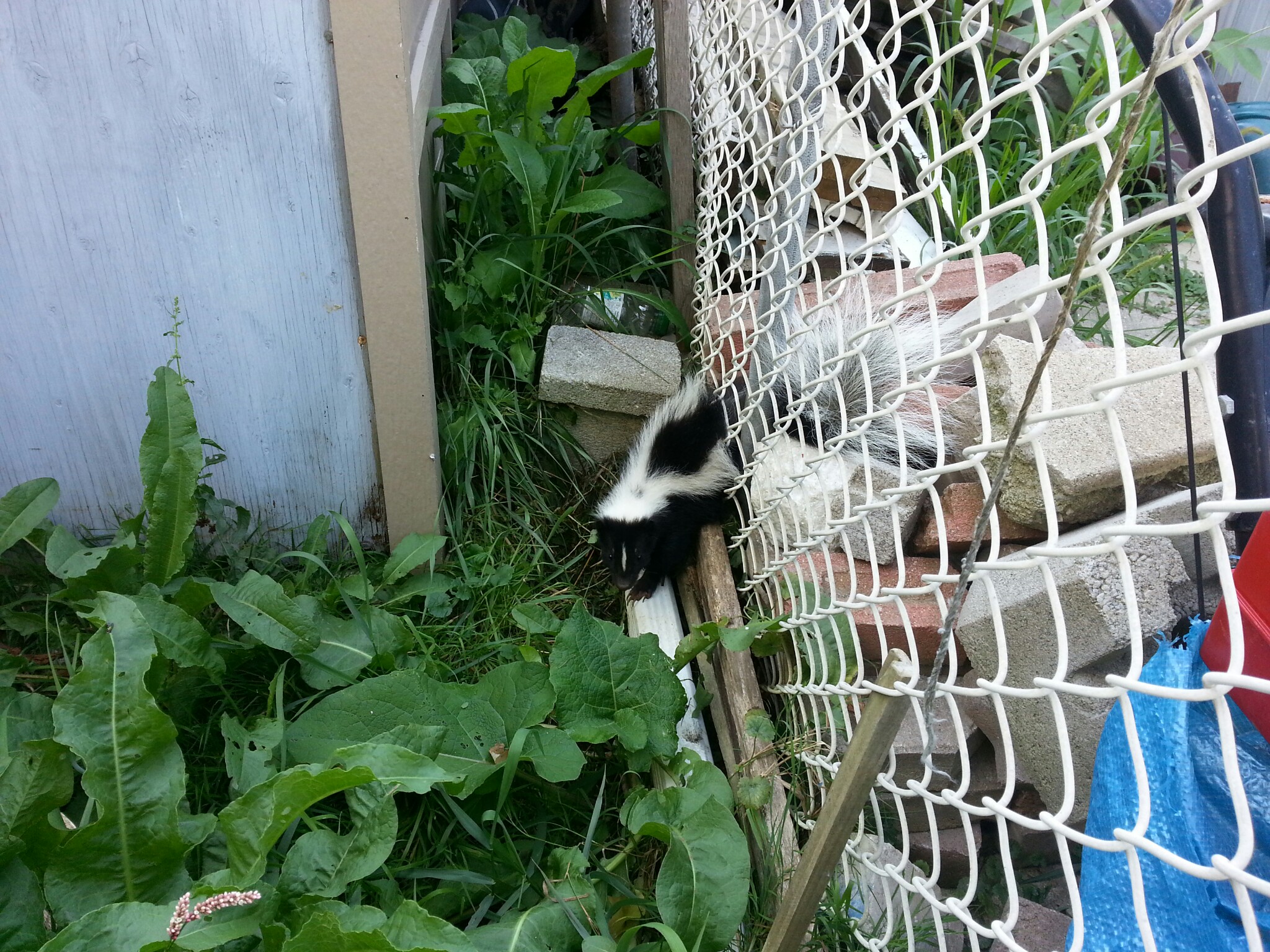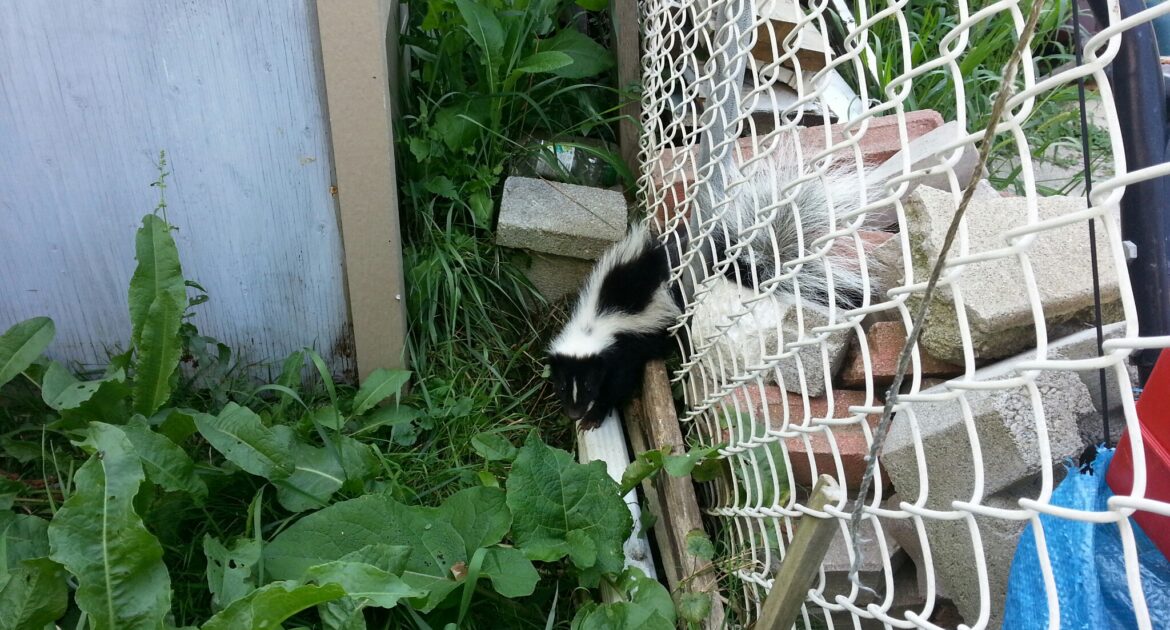If your hobby is gardening, you are probably waiting eagerly for winter to be over so you can start spring planting. Unfortunately, wild animals are also waiting for the more plentiful food supplies that come with spring, and they may see your garden as an all-you-can-eat buffet. From your garden, it is easier to get into your home, in which case you may need professional wildlife control services in Durham. Fortunately, there are things you can do to keep wild animals out of your garden.
1. Raised Garden Beds
The type of prevention you need to keep animals out of your garden depends on the type of wildlife visitors you have. If your garden gets raided by burrowing animals, such as mice, rats, or skunks, you could benefit from elevated planter boxes or raised garden beds. This may mean that you have to limit the size of your garden, but if it prevents you from having to call rat removal because the rodents are digging up and eating your garden plants, the sacrifice may be well worth it. Planter boxes may lend themselves to decoration and give you an opportunity to make your garden even more beautiful.
2. Fences
Fences can be effective at keeping wildlife out of your garden, but be sure you know what kind of animal you’re dealing with to figure out what kind of fence would be effective. A short fence may be sufficient if you are dealing with small animals like rabbits. If you have larger animals, such as deer, or climbing animals, such as raccoons, you need a fence that’s five feet high at least. Even that may not be enough to deter the masked bandits of the animal world, and you may wind up having to call for professional raccoon removal. If you have skunks or other burrowing animals, install the fencing so it extends at least six inches below ground level to discourage excavation.
3. Noise
Many wild animals have acute hearing. It alerts them to the presence of possible threats. Unfamiliar sounds can frighten them away, as many animals would prefer not to face an unknown threat if they can help it. Wild animals have a natural fear of humans so exposing them to voices, such as a radio tuned to a talk station playing near the garden, may scare them off.
The challenge may be to find a sound that seems threatening to wild animals but is not unpleasant to you and your neighbours. One possible solution may be wind chimes. When stirred by a passing breeze, wind chimes make a random assortment of sounds that may be startling to wild animals but pleasant to most people. Try moving your wind chimes around in your yard or rotating through several different wind chimes so that the animals don’t become accustomed to them.
4. Alternative Food Sources
If you have animals in your garden and nothing else you have tried can convince them to leave, you may be able to protect your plants by providing food sources that are more easily accessible. Animals are opportunistic, so chances are they will leave your harder-to-reach garden plants alone.
This should not be the first line of defence against wildlife in your garden. If you try this first, you may actually attract animals to your property, which may then decide to try to get in your home. Alternate food sources are things like bird feeders and squirrel feeders. These should only be stocked with nutritious and species-appropriate feed and should be placed at the outer limits of your property, far from your house. Keep garbage and recycling receptacles sealed. You don’t want to encourage wild animals to eat out of there as you have to clean up the resulting mess and they could get sick. Learn more about how Skedaddle can help deter wildlife from your property.




